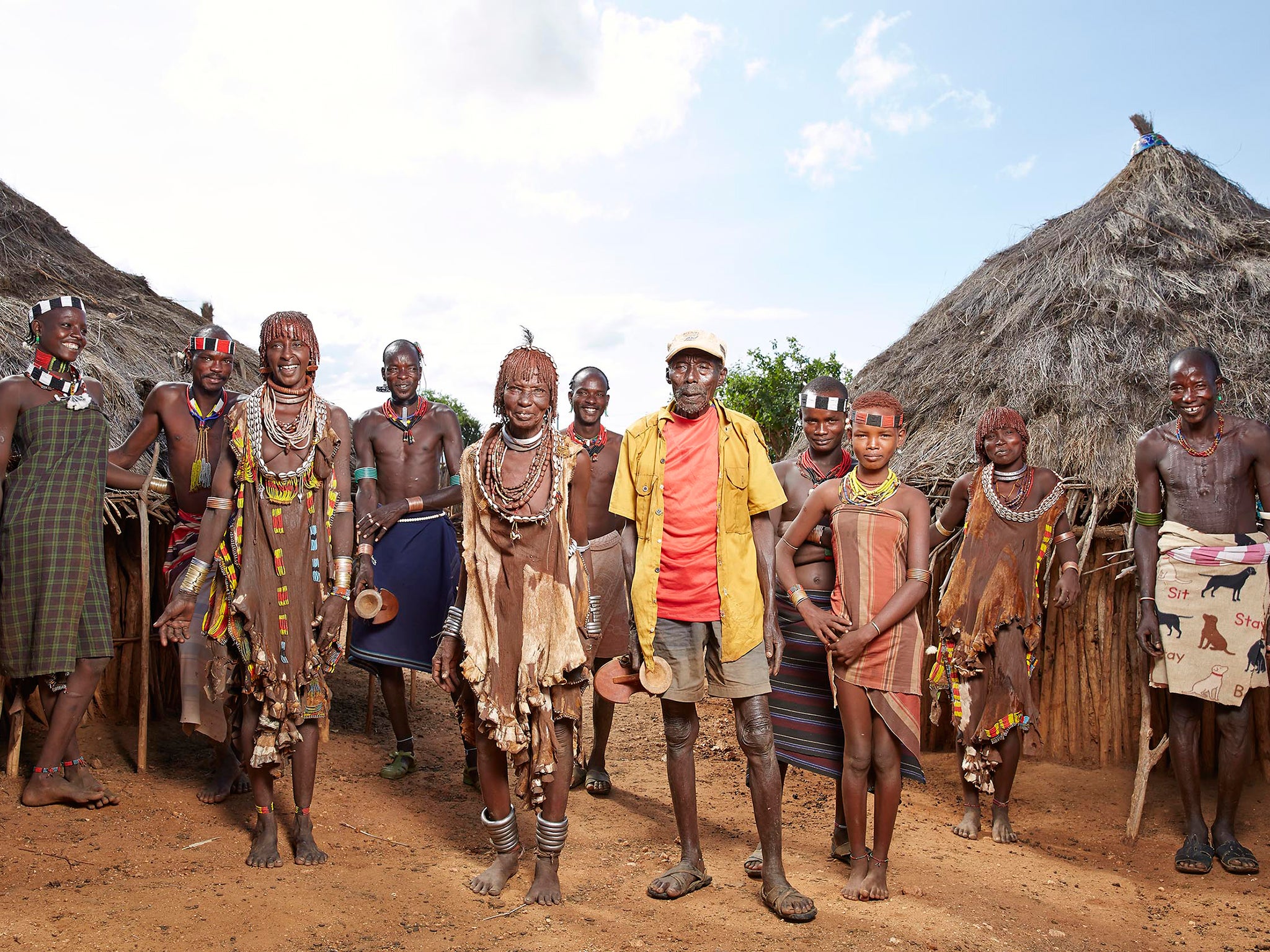The Tribe, TV review: Bidding a fond farewell to southern Ethiopia's Hamar tribe
Tonight was the final episode of Channel 4's fascinating documentary series

Your support helps us to tell the story
From reproductive rights to climate change to Big Tech, The Independent is on the ground when the story is developing. Whether it's investigating the financials of Elon Musk's pro-Trump PAC or producing our latest documentary, 'The A Word', which shines a light on the American women fighting for reproductive rights, we know how important it is to parse out the facts from the messaging.
At such a critical moment in US history, we need reporters on the ground. Your donation allows us to keep sending journalists to speak to both sides of the story.
The Independent is trusted by Americans across the entire political spectrum. And unlike many other quality news outlets, we choose not to lock Americans out of our reporting and analysis with paywalls. We believe quality journalism should be available to everyone, paid for by those who can afford it.
Your support makes all the difference.The Tribe concluded on Channel 4 tonight. This warm, fascinating documentary series became a hit simply by offering a view into the daily life of one, ordinary family; albeit an ordinary family that's part of southern Ethiopia's traditional Hamar tribe.
Patriarch Ayke Muko's second son, Arrada, is the only family member to have any formal education and he'd like the same for his three sons. Unfortunately, as Arrada's cousin Berkee was discovering, adolescents in the tribe are expected to devote themselves to grazing cattle. When government officials arrived in the village on a school recruitment drive, all they got for their trouble was one of the irascible Ayke Muko's classic put-downs: "Stop talking so much! A donkey couldn't carry your words! Do you think you're better than us, because you're fat?" That told 'em.
Grumpy granddad did gradually soften his stance, perhaps influenced the trauma of baby Bodo's mystery illness. The first remedy that they tried involved slaughtering a goat and encouraging the child to inhale the gases from its intestine. Only when this failed was a trip to the local clinic deemed necessary. The Hamar treat modern innovations with suspicion, but as evidenced by that plastic WH Smith bag hanging off the mud hut wall, they aren't afraid to integrate the useful bits. Then it only remained to bid a fond farewell: "When you get home, we hope you remember us," said granny, Kerri Bodo. Oh, we most certainly will.
Join our commenting forum
Join thought-provoking conversations, follow other Independent readers and see their replies
Comments